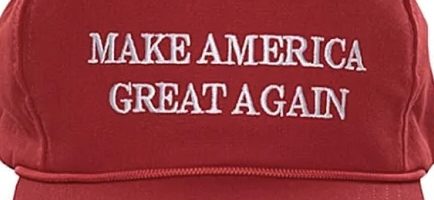You ever meet someone who brags about not reading? Like, it’s some kind of badge of honor? “Yeah I haven’t touched a book since I finished coloring in those dinosaur pictures at school. Turns out, crayons are all the education you really need!”
Reading is not some punishment for getting bad grades, it’s a portal to a million different worlds. You can be a spaceship captain one minute, a knight the next, all without leaving your comfy chair (unless you’re one of those weirdos who reads on the treadmill – seriously, get a life!)
Now, me? I wouldn’t say I’m some bookworm who sleeps with a stack of novels on my nightstand. But I do appreciate a good story, fiction or otherwise. When I was a kid, my mum used to read me these ridiculous fairy tales. Talking animals? Glass slippers? Honestly, the nerve of those princesses expecting a prince to solve all their problems. But hey, they sparked my imagination, even if they did set some unrealistic expectations from and about footwear.
As I got older, I gravitated towards stuff that made me think. Robert A. Heinlein’s Stranger In A Strange Land – hilarious, existential, and a healthy dose of cynicism about humanity. Perfect for its time. Then there’s Dorothy Parker. Now, that gal could write circles around most people, even if you disagreed with half her stuff. Point is, she challenged your thinking, which is more than you can say for most of today’s reality TV “stars.”
But here’s the thing: reading isn’t just about Shakespeare or escaping to fictional galaxies. Sometimes it’s about learning something new. A good biography can teach you more about history than a dozen history textbooks. A well-written science book can open your eyes to the wonders of the universe (without all the bad CGI from those nature or science documentaries).
Look, I’m not saying everyone needs to turn into a book hermit. But next time you have a spare hour, ditch the mindless Youtube scrollings and pick up a book. Who knows, you might actually learn something, or at the very least, escape the crushing ennui of our own existence for a while. Consider joining a book club. And hey, if you find yourself completely lost in a good story, don’t worry, it happens to the best of us. Just don’t miss your bus stop because you were busy saving the world with Captain Picard.
–30–




